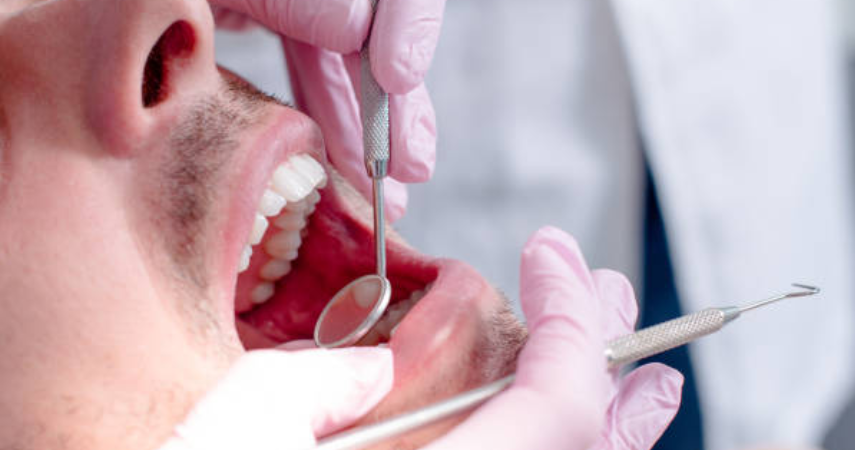- Home
- About
-
Dental Treatments
- Dental Implants
- Whitening/Bleaching
- Root Canal Treatment
- Orthodontics/Braces
- Periodontitis / Gum Treatment
- Lasers In Dentistry
- Preventive-Dentistry
- Fillings
- Inlays/Onlays
- Veneers
- Oral / Maxillo Facial Surgery
- Dentures
- Ceramic Crown / Bridges
- Pediatric
- Cosmetic/Esthetic
- Crown And Bridge
- Tooth Removal
- Smile Design
- Guided Surgery
- Full Mouth Rehabilitation
- Gallery
- Faq
- Contact Us



